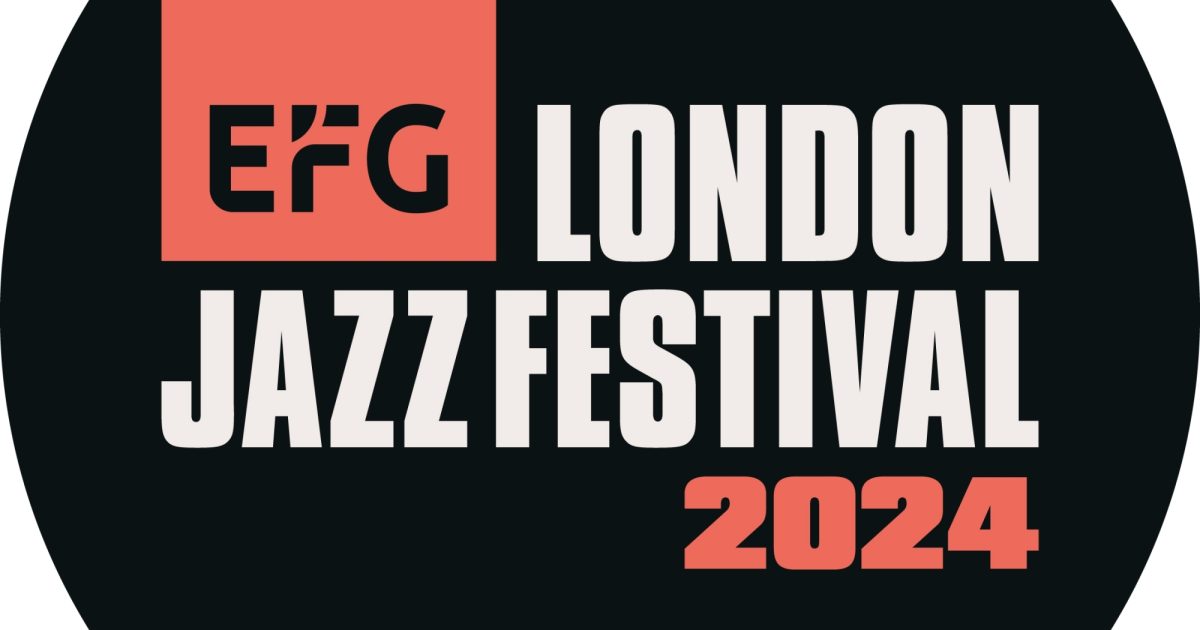Tribute bands are one thing and it's easy to see their point: one of the best I've ever heard is Pete Long's Gillespiana (Pete makes rather a speciality of this kind of thing). The Gillespiana performances were (they seem to have ended, because I haven't seen notice of one for ages) terrific because they gave you a feeling of what it must have been like to hear in person the sheer raw power of the 1940s' Gillespie bands, and great credit to Long and his musicians for that.
But increasingly, it seems we're getting not just tribute bands but tribute concerts: the Goodman Carnegie Hall concerts, for example, and I for one are rather baffled by this: what on earth is the point? The high point of those concerts was the solos, and their effect can't be recreated. Has anyone been to any of these, and are they worth attending?
PS: Incidentally, another band recreation I'd be interested to witness would be Woody Herman's First Herd: exciting arrangements (the 24 bars of unison by the six trumpet section on Caldonia, for example, is staggering) and what for me is the greatest rhythm section ever: Ralph Burns, Billy Bauer, Chubby Jackson and Davey Tough (did any section swing more than that?). But it wouldn't be easy to reproduce that!
But increasingly, it seems we're getting not just tribute bands but tribute concerts: the Goodman Carnegie Hall concerts, for example, and I for one are rather baffled by this: what on earth is the point? The high point of those concerts was the solos, and their effect can't be recreated. Has anyone been to any of these, and are they worth attending?
PS: Incidentally, another band recreation I'd be interested to witness would be Woody Herman's First Herd: exciting arrangements (the 24 bars of unison by the six trumpet section on Caldonia, for example, is staggering) and what for me is the greatest rhythm section ever: Ralph Burns, Billy Bauer, Chubby Jackson and Davey Tough (did any section swing more than that?). But it wouldn't be easy to reproduce that!


Comment